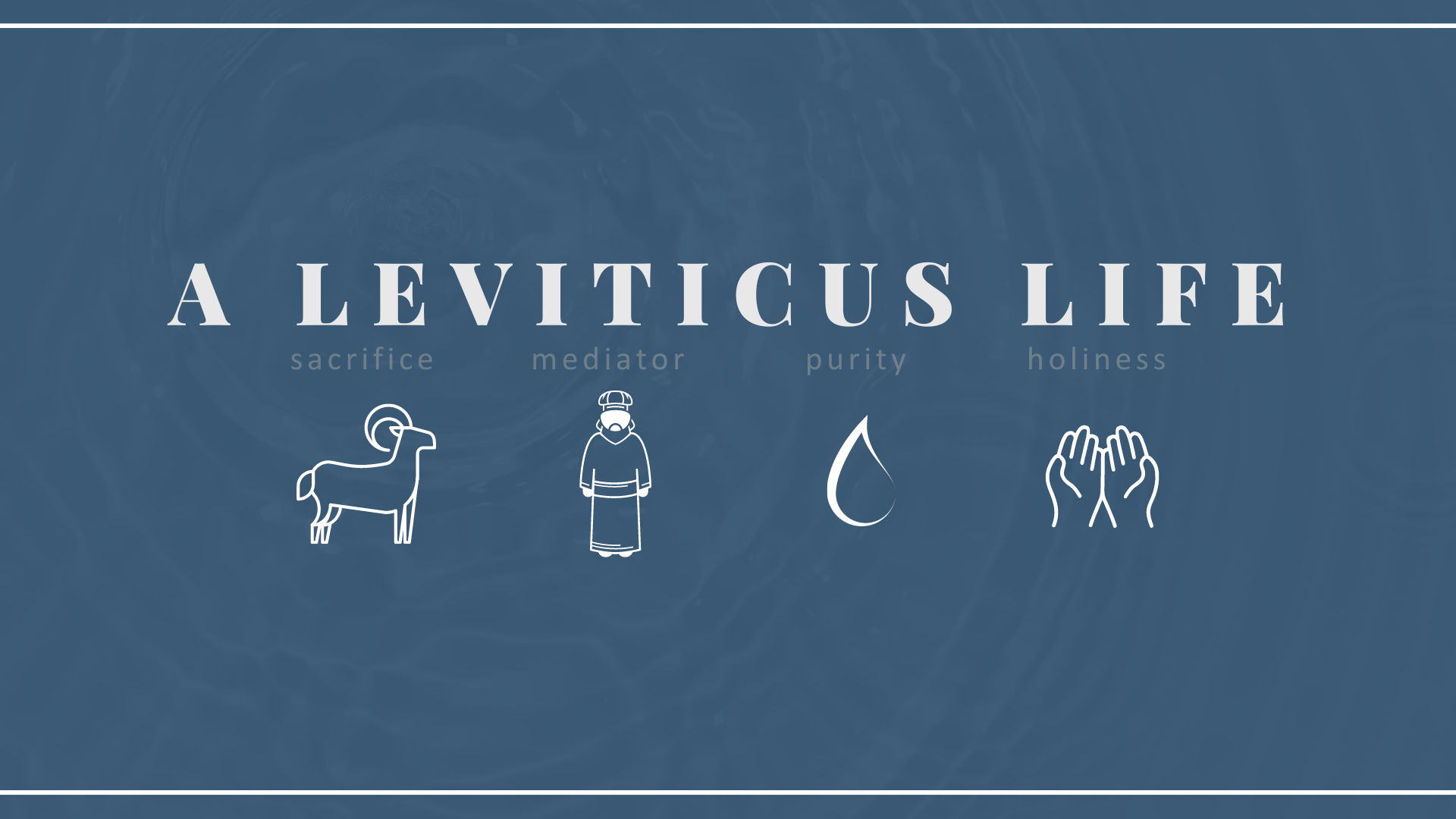A Leviticus Life: Sacrifice, Part 1 | Listen to Sermon Audio
Sacrifice, Part 1 - SERMON NOTES
Below are Pastor Ben's sermon notes from this past Sunday, in case they may be helpful for further study. To listen to the sermon, click the link above.
Intro: (1) first big section of Leviticus is about sacrifices — cannot overemphasize that the penalty for our sin is death (2) difference between Israelite and pagan sacrifices (cf. Psalm 50:12-13) (3) first big sacrifice is the burnt offering (cf. v.3) — daily offering offered every morning and evening (cf. Lam. 3:22-23)
The God who invites (1-2): (1) reminder of where Leviticus came from and the unique role of Moses — repeated over 50 times in Leviticus (2) first the mountain, now the tent (3) God is the initiator of relationship with his people — joy of an invite (4) Keller— “Jesus longs to be with us more than we long to be with him” (5) what do you need to come to the Lord for today — forgiveness, peace, rest, comfort, strength, endurance, perspective
The God who provides (3-17)
The body (3, 10, 14): (1) accommodation for those of different socioeconomic backgrounds (2) v.9,13 — all of it burned — total surrender (parenting kids) (3) v.3 and 10 emphasize that the animal must be “without blemish” — a reminder that the worshiper was blemished by sin/impurity and that the sacrifice was meant to be costly (4) males more expendable
The blood (4-9a, 11-13a, 15-17a): (1) proper place (i.e. tent and altar) —picture (2) notice the involvement of both the worshiper and the priest together (3) v.4— laying of the worshiper’s hand on the animal to signify recognition of the animal as a substitute (4) upon the killing the animal would slump, the blood would gush out, and the priest would be responsible for getting it onto the altar (5) a powerful picture intended to produce a powerful result — Lord’s Supper
The God who atones (4): (1) after washing, body fully burned (grilling vs. incinerating) — picture of God’s wrath being satisfied — sacrifice fully consumed, worshiper fully accepted — “pleasing aroma” (2) “atonement” (v.4) — sin covered/swept away/forgiven (3) sacrifice just a picture — atonement/forgiveness only accomplished at the cross (cf. Rom. 3:21-26) — “pleasing aroma” in Eph. 5:2
Conclusion: (1) Christ is our burnt offering — he provides forgiveness (Rom. 3:25) because he is the sacrifice without blemish (1 Peter 1:18-19), so that by faith in him we too are now without blemish (Eph.5:27) (2) his offering was a pleasing aroma to God (Eph. 5:2) (3) if we have been forgiven (i.e. atoned for) and accepted, then we should forgive and accept others (4) evangelistic appeal


